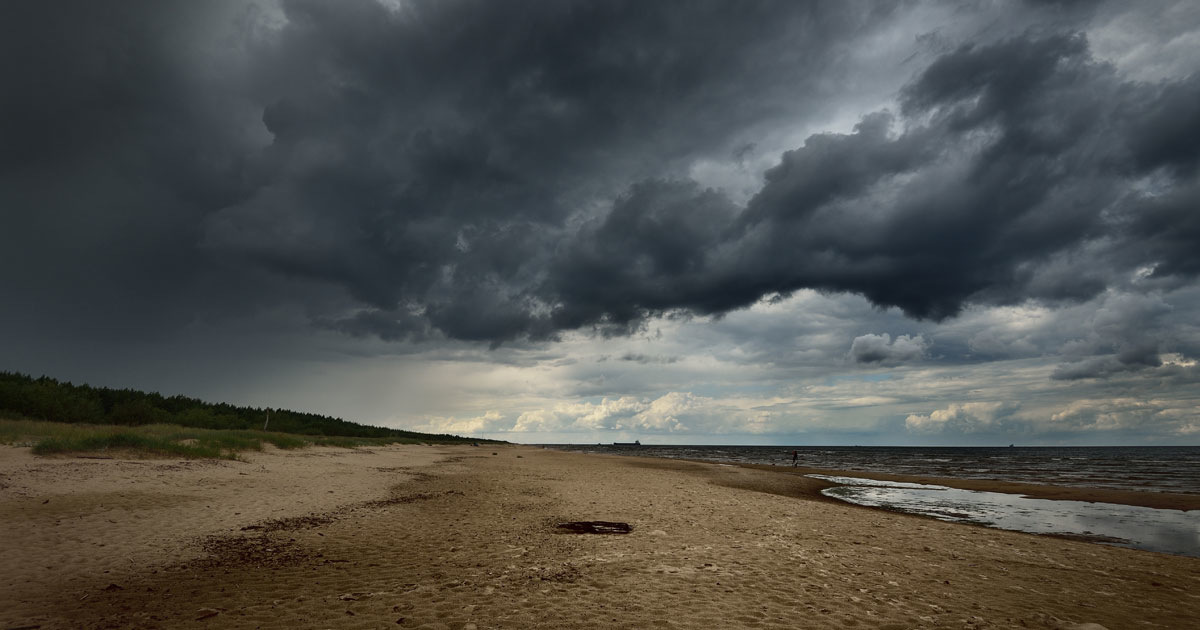Severe weather and other emergencies can strike with little or no warning—and your family may not be together when it does. How will you get to safe place? How will you contact one another? How will you get back together? It's important to have emergency plans in place, so your family knows what to do if a disaster strikes. September is National Preparedness Month, and there's no better time to plan for emergencies.
1. Know where to find emergency alerts and warnings.
Make sure all household members are able to receive emergency alerts from local officials. Check with your local emergency management agency to see what alerts are available in your area, and learn more about alerts at www.ready.gov/alerts.
2. Discuss disasters that may affect your area, and plan where to go.
Where you meet for a flood may not be where you meet for a tornado. Discuss the different types of disasters that could affect your area, and plan where to meet in the event of each disaster.
3. Collect information.
Create a paper copy of each member of your family's contact information, which includes phone numbers, e-mail addresses, social media websites and information on medical facilities, doctors and service providers. Make sure everyone has a copy to carry around in a backpack, purse or wallet.
4. Pick an emergency meeting place.
Decide on safe and familiar places where your family could go for protection and to reunite. Make sure these locations are accessible for household members with disabilities. If you have pets or service animals, you might want to choose animal-friendly locations. Consider locations such as a library, community center, or home of a relative or family friend.
5. Practice your plan.
Have regular household meetings to review your emergency plans—and it doesn't hurt to practice!
For more information and additional resources to help your family plan for emergencies, visit www.ready.gov.




